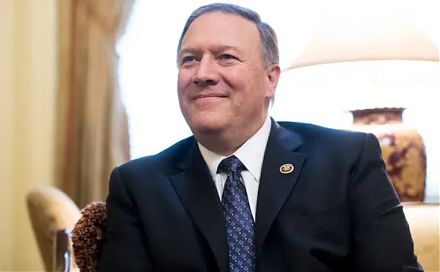

2019-08-26 11:30:00 Mon ET
technology social safety nets education infrastructure health insurance health care medical care medication vaccine social security pension deposit insurance
Partisanship matters more than the socioeconomic influence of the rich and elite interest groups. This new trend emerges from the recent empirical analysis of 49 Senate votes on socioeconomic and foreign-policy issues from 2001 to 2015 and national survey data from Gallup and Pew. This empirical analysis shows that the rich elite income groups seem to get what they want from their senators about 60% of the time, whereas, the poor income groups receive a low 55% fair chance. When the socioeconomic echelons oppose each other on both sides of a particular policy issue, Senate votes favor the rich with a significantly higher 63% fair chance.
In the scenario where the rich and poor voters oppose each other on a given policy issue, Democratic senators side with the rich only with a 35% fair chance, whereas, Republican senators vote in accordance with elite interests 86% of the time. Since Republicans hold majority control in Senate, U.S. congressional decisions benefit the upper echelon because legislators often follow the party line. Affluent influence that results from U.S. partisan influence can be worrisome. However, the American median voter experience is not the same as living in an oligarchy.
If any of our AYA Analytica financial health memos (FHM), blog posts, ebooks, newsletters, and notifications etc, or any other form of online content curation, involves potential copyright concerns, please feel free to contact us at service@ayafintech.network so that we can remove relevant content in response to any such request within a reasonable time frame.
2019-01-10 17:31:00 Thursday ET

The recent Bristol-Myers Squibb acquisition of American Celgene is the $90 billion biggest biotech deal in history. The resultant biopharma goliath would be
2019-01-31 08:40:00 Thursday ET

We offer a free ebook on the latest stock market news, economic trends, and investment memes as of January 2019: https://www.dropbox.com/s/4d8z
2019-10-13 16:22:00 Sunday ET

Apple unveils 3 iPhone 11 models with new original video services and stars such as Oprah Winfrey, Jennifer Aniston, and Reese Witherspoon. Apple releases t
2019-03-31 11:40:00 Sunday ET

AYA Analytica free finbuzz podcast channel on YouTube March 2019 In this podcast, we discuss several topical issues as of March 2019: (1) Sargent-Wallac
2019-05-13 12:38:00 Monday ET

Brent crude oil prices spike to $70-$75 per barrel after the Trump administration stops waiving economic sanctions on Iranian oil exports. U.S. State Secret
2018-10-09 08:40:00 Tuesday ET

The International Monetary Fund (IMF) appoints Harvard professor Gita Gopinath as its chief economist. Gopinath follows her PhD advisor and trailblazer Kenn